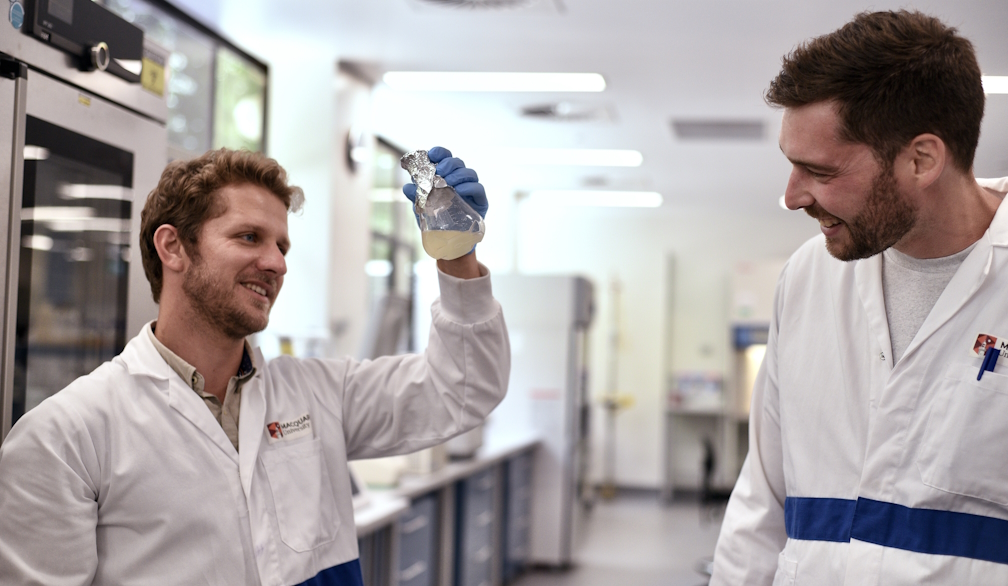Number 8 Bio secures 1.8M to feed positive agriculture

Number 8 Bio, the Australian bioengineering company, today announced it has raised AUD$1.8 million to harness the power of biology to develop cow feed additives to curb agricultural emissions and boost yields.
To feed the growing global population, estimates suggest we’ll have to increase food production by as much as 68 per cent by 2050. However, to achieve this, we first need to tackle the inefficiency and sustainability issues associated with current farming practices — starting with the impact of animal agriculture on climate change.
Cows and other ruminant animals emit methane, a potent greenhouse gas, as they digest grasses and plants. Because of this, cows are the largest agricultural source of greenhouse gas worldwide. Number 8 Bio has pioneered a way to bioengineer naturally-occurring yeasts to harness the superpowers of seaweed, creating a feed additive that is a safe, scalable and incredibly productive way to reduce methane emissions.
Participating in the pre-seed funding includes Main Sequence, the deep tech fund founded by CSIRO, Possible Ventures, UNSW Founders, and Bioplatforms Australia.
“The need for sustainable solutions is an urgent global priority. As the world’s population grows, so too is the demand for agricultural commodities. Agriculture’s deep connections to the world economy, human societies and biodiversity make it one of the most important frontiers of innovation. We need a safe, consistent and resilient solution,” said Tom Williams, CEO and Co-Founder of Number 8 Bio.
Pioneering a productive and climate-positive farming future, Number 8 Bio is rewinding the clock on the damage to our planet. The capital will be invested in accelerating the company’s R&D, expanding its lab’s bioengineering capabilities and paving the way for commercialisation.
“Securing this pre-seed funding allows us to harness the power of biology to reduce emissions and enhance efficiency in the agriculture sector. Today, we’re $1.8 million closer to a future where farmers can simultaneously increase their productivity, reduce greenhouse gas emissions and slash operational costs,” Williams added.
Around the world, governments have set increasingly high standards to mandate a move towards emissions reduction. Geopolitical and social forces are aligning to put pressure on governments and supply chains to tackle greenhouse gas emissions caused by industrial agriculture. Bioengineering innovation breakthroughs like those at Number 8 Bio are providing a more reliable solution to tackle emissions mitigation.









